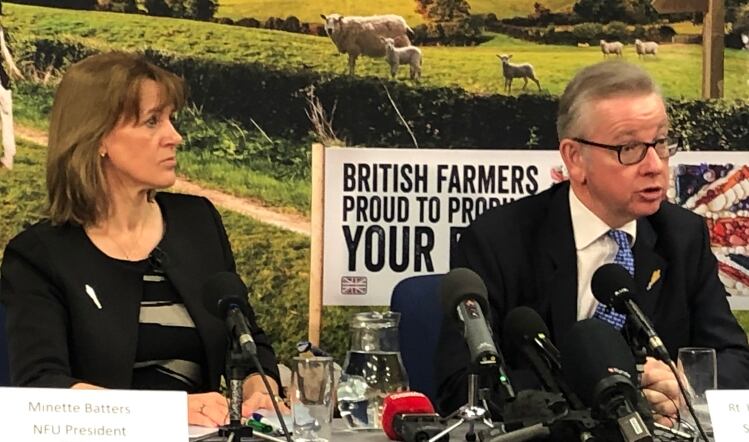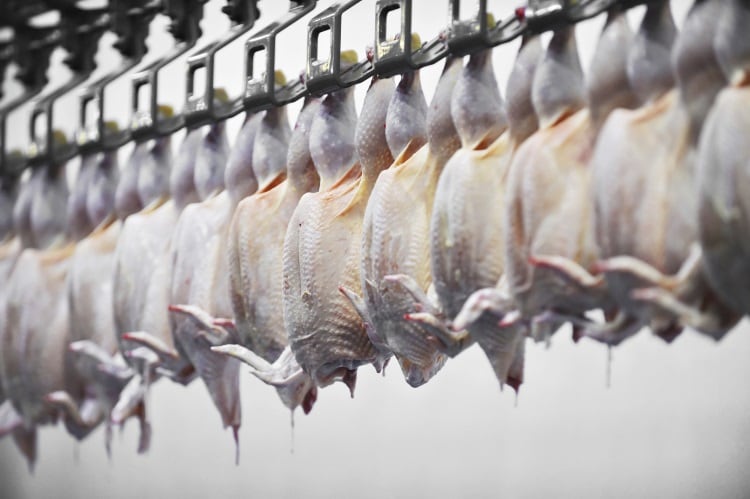Speaking at the House of Lords yesterday (28 February), he confirmed that the organisation had removed 262 members. Historically, Red Tractor does not report on the number of members removed from its assurance schemes.
Red Tractor assured collected members of industry that it was removing bad actors from its scheme based on audits and reviews of its members, and not as a result of media exposés.
The reveal followed calls last year by the Food Standards Agency for assurance schemes to collaborate more with the organisation, citing a lack of confidence in these programmes’ legality.
‘One stop shop’
Moseley also elaborated on plans made by the organisation in September last year to offer a modular assurance scheme that would serve as a “one stop shop” for food standards in the UK.
Under the new scheme, Red Tractor would be able to provide a much broader range of assurances, with particular focus on emerging food and drink trends, such as organic, enhanced animal welfare and sustainability.
“Currently, those shopper demands are met by a variety of schemes, whose passion and expertise for those subjects have broadened the choice for UK consumers,” said Moseley. “Our aim in the future is that Red Tractor will offer that broader choice and develop a modular bank of standards that reflect those farming systems.
Clarity
“Our research revealed that, while there is great choice in the UK, there is also confusion between the different offers and, as one body, this should provide us with the opportunity to develop labelling that clarifies the offer and enables consumers to make much more informed choices.”
As well as the potential benefits to the industry, such as reduced costs and audit burden, the bank of assurances would also satisfy the secretary of state Michael Gove’s single scale measure in relation to gold standards for food and drink production after Brexit.
Also launched at yesterday’s meeting was a Red Tractor ‘Farmed with Care’ line, allowing members of industry and the public to contact the organisation if they had evidence of wrongdoing or practices that did not meet its standards from farm to fork.





